Dorstenia Crispa Seeds pack of 10
₹149.00
Out of stock
Email when stock available
SKU: Dorsteniacrispa
Category: cactus and succulent seeds
Propagation of Dorstenia Crispa through Seeds
Dorstenia crispa seeds are an interesting Moraceae family succulent plant that occurs naturally in East Africa and the Arabian Peninsula. It grows well in stony and dry conditions. But unlike most other succulents, Dorstenia crispa is not water-storing and leaf dependent. It does possess a caudex or water- and nutrient-storing stem base by which it can survive on water for longer durations.
| Number of Seeds | 10 seeds |
|---|---|
| Temperature | Above 30C |
| Blooming Month | April To Dec |
| Sowing month | Feb to Oct |
| Sun | Full sun except may june |
Seed Propagation Process
Dorstenia crispa seeds are processed gently and patiently. Begin by procuring seeds from a trusted seller or the mature plants themselves. Since the plants have small and fragile seeds, handle them tenderly.
Begin by making a drainage soil mix. Use cactus potting soil and perlite since that retains water hardly at all. Next, sow the mix into a tray or little pots and water them extremely lightly. Third, sow the seeds on the surface but not deeply. Seeds of Dorstenia crispa need light in order to develop, and a thin covering of sand or sandy soil will be enough.
Dorstenia crispa seeds Germination and Early Development
Put the seed tray in a well-lit indirect light area. Maintain the temperature between 75°F to 85°F (24°C to 29°C) to keep the germination consistent. Maintain the humidity at high levels by putting the tray under a plastic lid or plastic wrap. But make sure there is some sort of air flow so that no fungal disease forms.
Dorstenia crispa seeds Germination typically takes two to four weeks based on the conditions. Softly remove cover after seedlings have appeared and water sparingly to provide a residual moisture content. Root rot must be avoided at all costs because young seedlings are highly susceptible to it.
Care for Young Seedlings
Gradually acclimatize the seedlings growing with more light as the days progress. Nevertheless, give shade from sunlight to avoid burning. Pot out separately some months later after having a well-developed root system. Give ample draining soil mixture and staking through a regime that consists of slow watering allowing the soil to dry prior to further watering.
Conclusion
Seeding Dorstenia crispa is a delicate mixture of light, water, and heat. To cultivate this rare succulent from seed with optimum germination and care methods is a badge of honor. With care and diligence, the tiny seeds will germinate into beautiful, mature plants that add a touch of foreign sophistication to any succulent garden
| Color | Green |
|---|---|
| Germination Level | Easy |
| Growth Pattern | Up right Straight |
| Hybrid or Open Pollinated | Open Pollinated |
| Ideal location | Shade |
| Origin Country | India |
| Height | 10-20 inches |
| Idea Pot Size | 6 inches |
| Petals | Single |
| Spacing between plants | 6 -8 inches |
Be the first to review “Dorstenia Crispa Seeds pack of 10” Cancel reply
You must be logged in to post a review.
Related products
cactus and succulent seeds
₹249.00
cactus and succulent seeds
Astrophytum Asteria Superkabuto Seeds rare Cactus Seeds Pack of 10 seeds
₹199.00
cactus and succulent seeds
Rated 5.00 out of 5
₹199.00



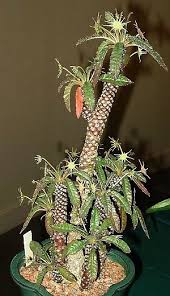
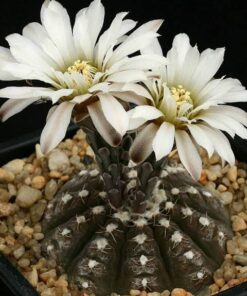
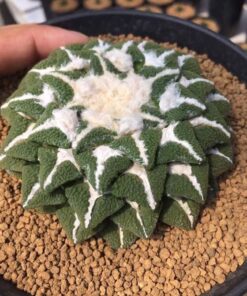
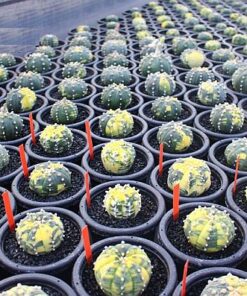
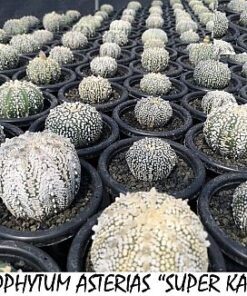
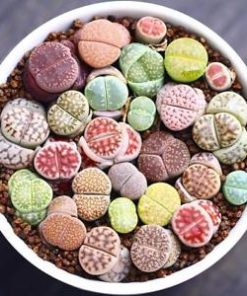
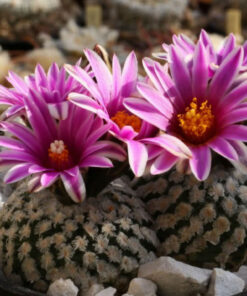
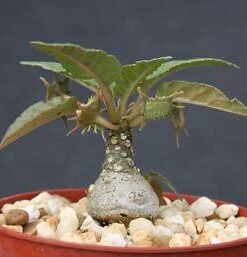
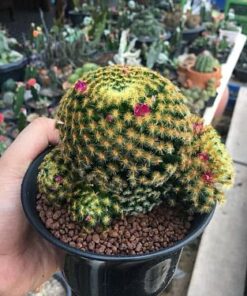
Reviews
There are no reviews yet.